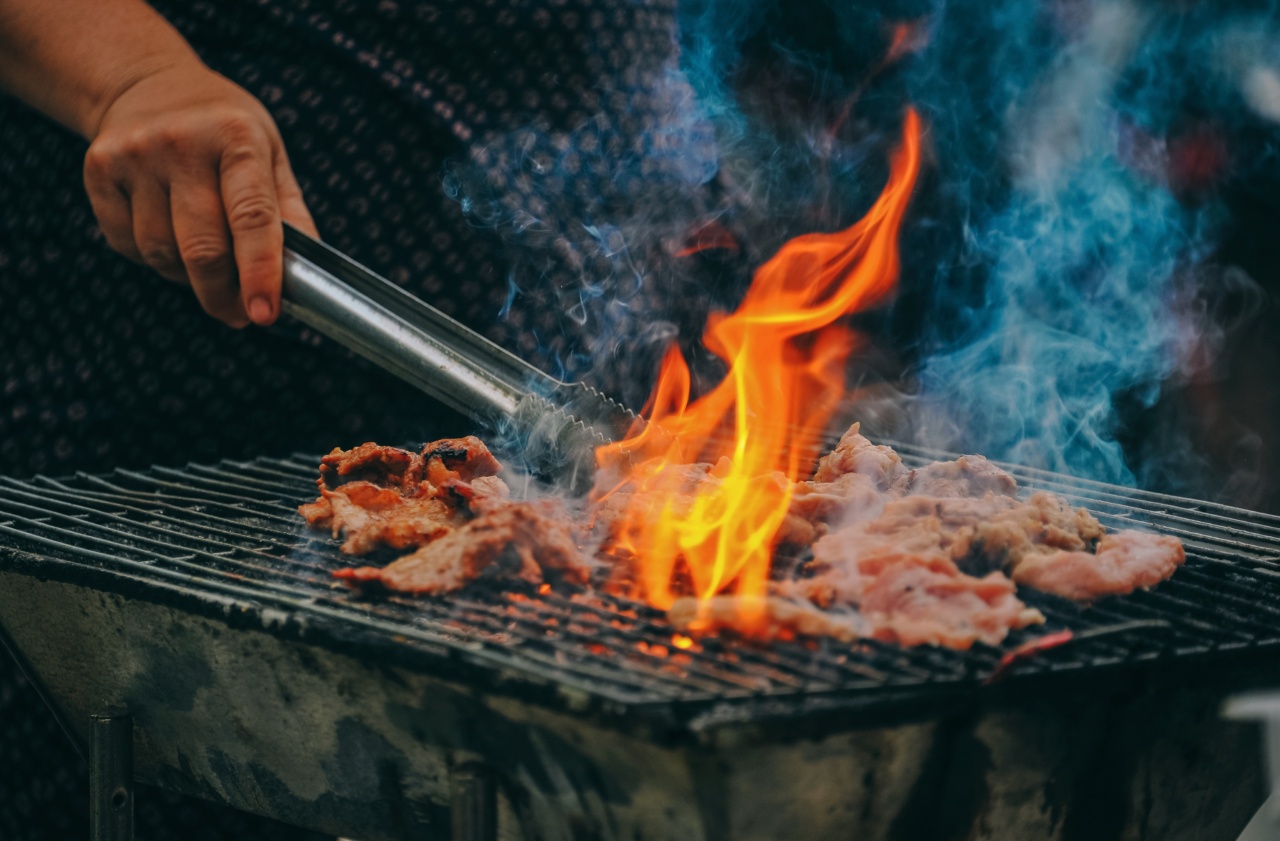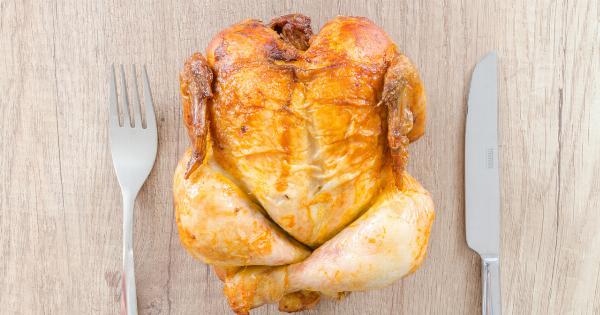Grilling is a popular cooking method that involves exposing food to high heat, usually over an open flame or hot coals.
However, there is growing concern about the potential health risks associated with grilling, particularly for people with certain health conditions such as kidney cancer. In this article, we will explore the science behind these concerns and determine whether or not grilling is harmful for people with kidney cancer.
What is kidney cancer?
Kidney cancer, also known as renal cell carcinoma, is a type of cancer that starts in the cells of the kidneys. The kidneys are two bean-shaped organs located in the back of the abdomen that filter waste products from the blood and produce urine.
Kidney cancer is known to be one of the most dangerous and aggressive cancers.
What are the risk factors for kidney cancer?
There are several factors that can increase a person’s risk of developing kidney cancer, including:.
- Age: Kidney cancer is more common in people over the age of 60.
- Gender: Men are at a slightly higher risk of developing kidney cancer than women.
- Smoking: Smoking is a major risk factor for kidney cancer, as well as many other types of cancer.
- Obesity: People who are overweight or obese are at a higher risk of developing kidney cancer.
- High blood pressure: People with high blood pressure are more likely to develop kidney cancer.
- Occupational exposure: Exposure to certain chemicals and substances such as asbestos, cadmium, and organic solvents can increase the risk of kidney cancer.
Is grilling harmful for people with kidney cancer?
There is no clear evidence that grilling is harmful for people with kidney cancer. However, there are some concerns that certain substances that are produced when meat is grilled at high temperatures could be carcinogenic, or cancer-causing.
One of these substances is called heterocyclic amines (HCAs), which are produced when meat is cooked at high temperatures.
HCAs have been shown to cause cancer in animals, and there is some evidence to suggest that they may increase the risk of certain types of cancer in humans, including kidney cancer.
In addition to HCAs, another group of substances called polycyclic aromatic hydrocarbons (PAHs) can also be produced when meat is grilled at high temperatures.
PAHs can also be found in cigarette smoke and car exhaust, and have been shown to be carcinogenic in animals. While there is some evidence to suggest that PAHs may increase the risk of certain types of cancer in humans, including kidney cancer, more research is still needed to fully understand the potential health effects.
How can you reduce your risk?
If you are concerned about the potential health risks associated with grilling, there are several steps that you can take to reduce your risk:.
- Choose lean cuts of meat: Lean meats such as chicken, turkey, and fish produce fewer HCAs and PAHs when cooked at high temperatures.
- Marinate your meat: Marinating your meat before grilling can help to reduce the formation of HCAs and PAHs.
- Precook your meat: Precooking your meat in the oven or microwave before grilling can help to reduce the amount of time that it needs to be on the grill, which can help to reduce the formation of HCAs and PAHs.
- Cook at lower temperatures: Cooking your meat at lower temperatures can help to reduce the formation of HCAs and PAHs.
- Keep your grill clean: Cleaning your grill regularly can help to prevent the buildup of harmful substances on the grill grates.
: Conclusion
While there is some concern about the potential health risks associated with grilling, particularly for people with kidney cancer, there is no clear evidence that grilling is harmful.
However, taking steps to reduce your exposure to harmful substances that can be produced when meat is cooked at high temperatures is a good idea for overall health and wellbeing. By choosing lean cuts of meat, marinating your meat, precooking your meat, cooking at lower temperatures, and keeping your grill clean, you can help to reduce your risk and enjoy delicious grilled foods safely.





























